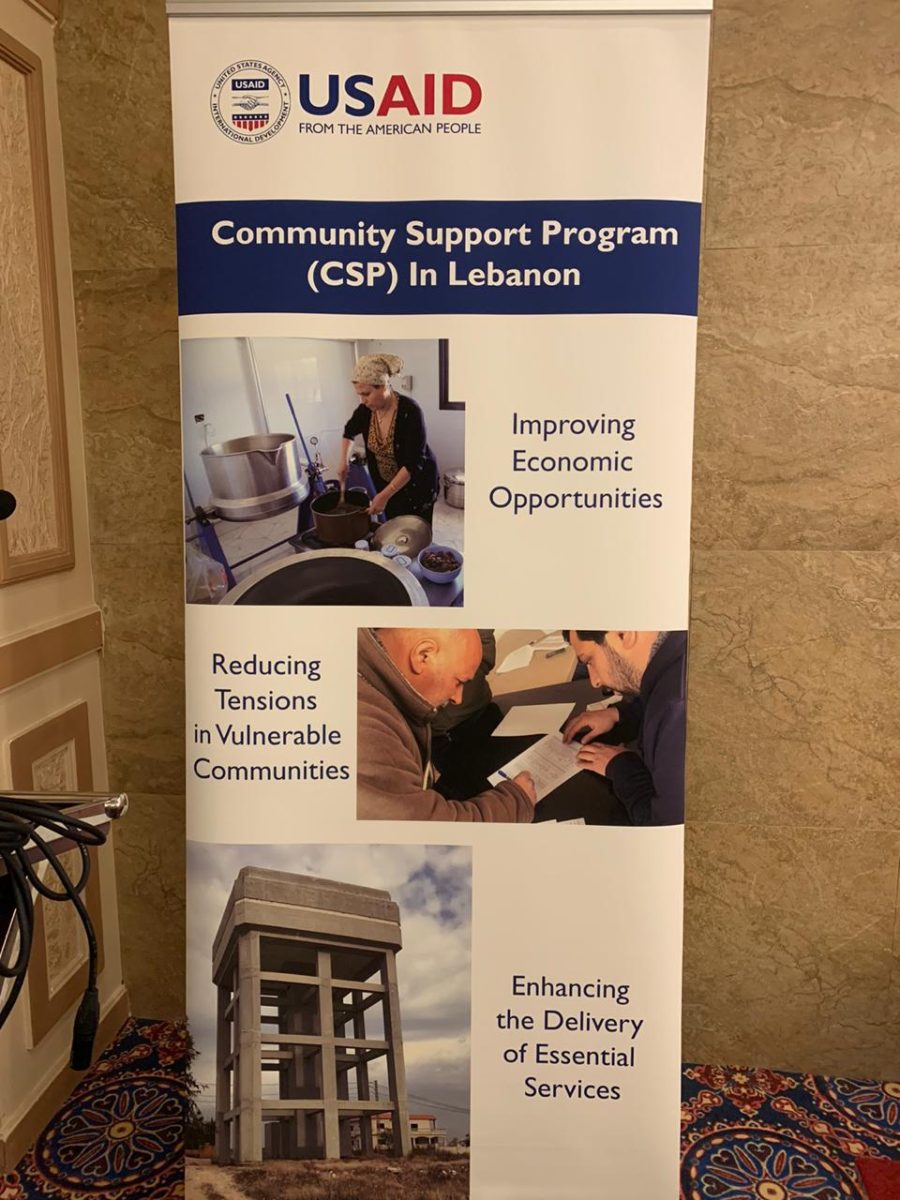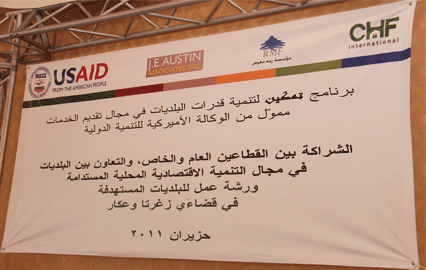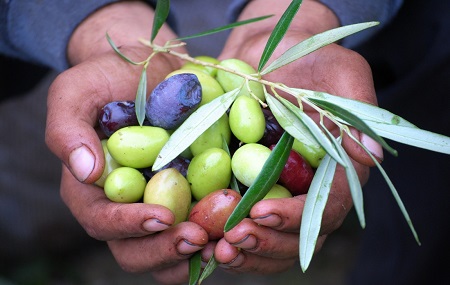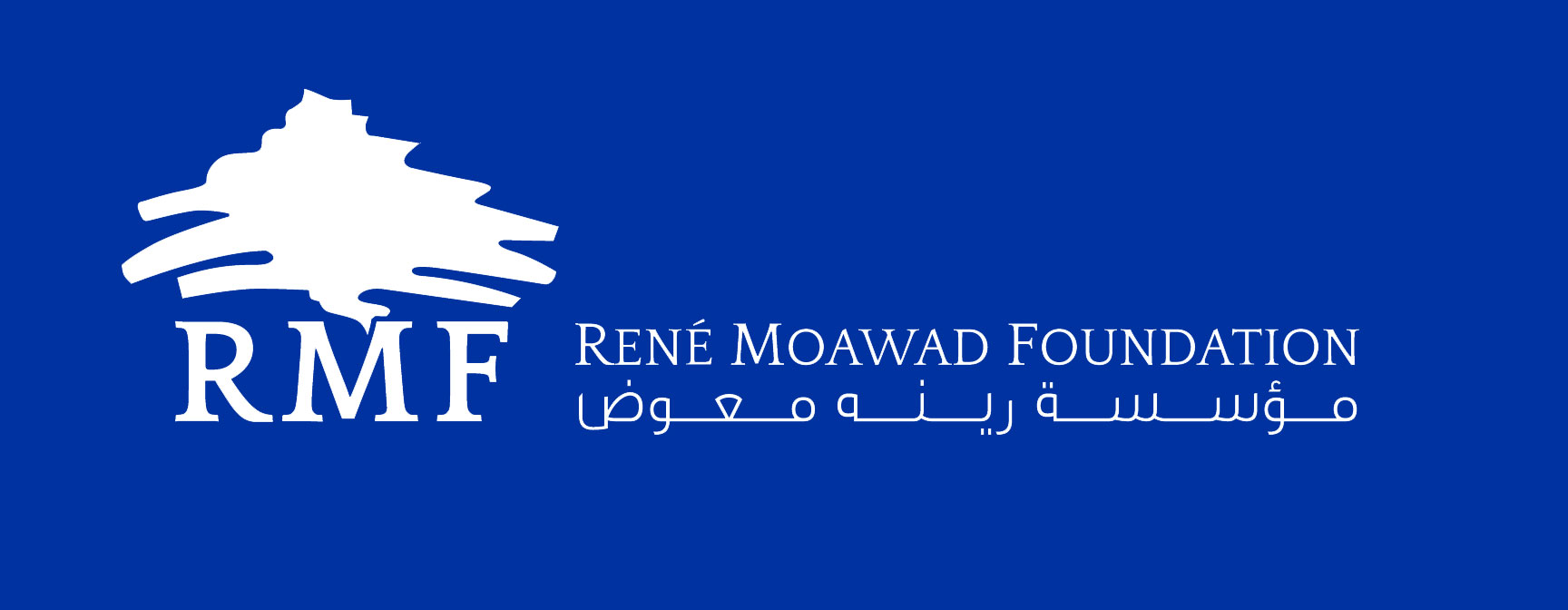Lebanon Community Support Program (CSP)
The CSP project is financed by the United States Agency for International Development (USAID) and implemented by Chemonics International Inc., hereinafter referred to as “Chemonics.”
Objectives: Identify and design activities that are community-led, sustainable, and respond to resource-based tensions or local-level conflict. CSP’s Task Order No. 2 may then fund interventions in those communities that contribute to CSP’s expected results.
Main Activities:
Community-driven activities will be identified using either:
1) A fast-tracked community-based Rapid Analysis and Design (RAD) methodology; or
2) The Local Systems Approach
The fast-tracked community analysis and design methodology provides an understanding of tensions in the village following the community profile. It should engage key actors as well as community members and interest groups (such as farmers, women’s groups, refugee representatives) to discuss the village’s main challenges and their impact on existing tensions, as well as possible solutions. The RAD methodology was inspired by systems thinking in its treatment and analysis of factors of tension and conflict and should lead to the identification of dynamics around the key issues in a systems-like manner.
A Local Systems Approach, however, is a lengthier process that can be adopted in communities with more complex dynamics. These communities require higher levels of engagement to ensure conflict sensitivity and a relevant and impactful response. Through the Local Systems Approach, communities can be engaged in a longer and more in-depth analytical process to determine the main needs, vulnerabilities, conflict factors and dynamics, key actors and networks involved. Communities and local partners can also be more actively involved in the decision-making process to identify and design the needed interventions through an inclusive approach, which may include the creation of Advisory Groups or the engagement of pre-existing committees or bodies. This Advisory Group or local committee must be as diverse and representative as possible including members of the municipal councils, mukhtars, community leaders, religious leaders, civil society, women, youth, farmers, Syrian refugee community, political parties, and confessional groups. This diverse group will engage in the Local Systems conflict analysis in order to decide on a range of possible solutions or interventions, some of which may be funded by CSP.
Estimated results:
RMF CSP expects to identify and design developmental/ economic activities that will respond in reducing tensions in areas in Akkar, Bekaa, and North Lebanon.
| Date | December 2019-May 2020 |
| Project | CSP |
| Budget | $232,785 |
| Location | Beqaa, Akkar and North Lebanon |
| Donors | USAID |
| Partners | Chemonics |
| Sectors | Local authorities |
| Beneficiaries | The Program is based on need assessment. RMF will not benefit “Directly’ the community until its need assessment is adopted by the CSP program that will be funding activities resulting from need assessment.
The potential beneficiaries whom will be benefiting at a later stage from RMF CSP are estimated around 60, 000 inhabitants throughout the Bekaa, Akkar and North Lebanon areas. |
For more related material Download File






